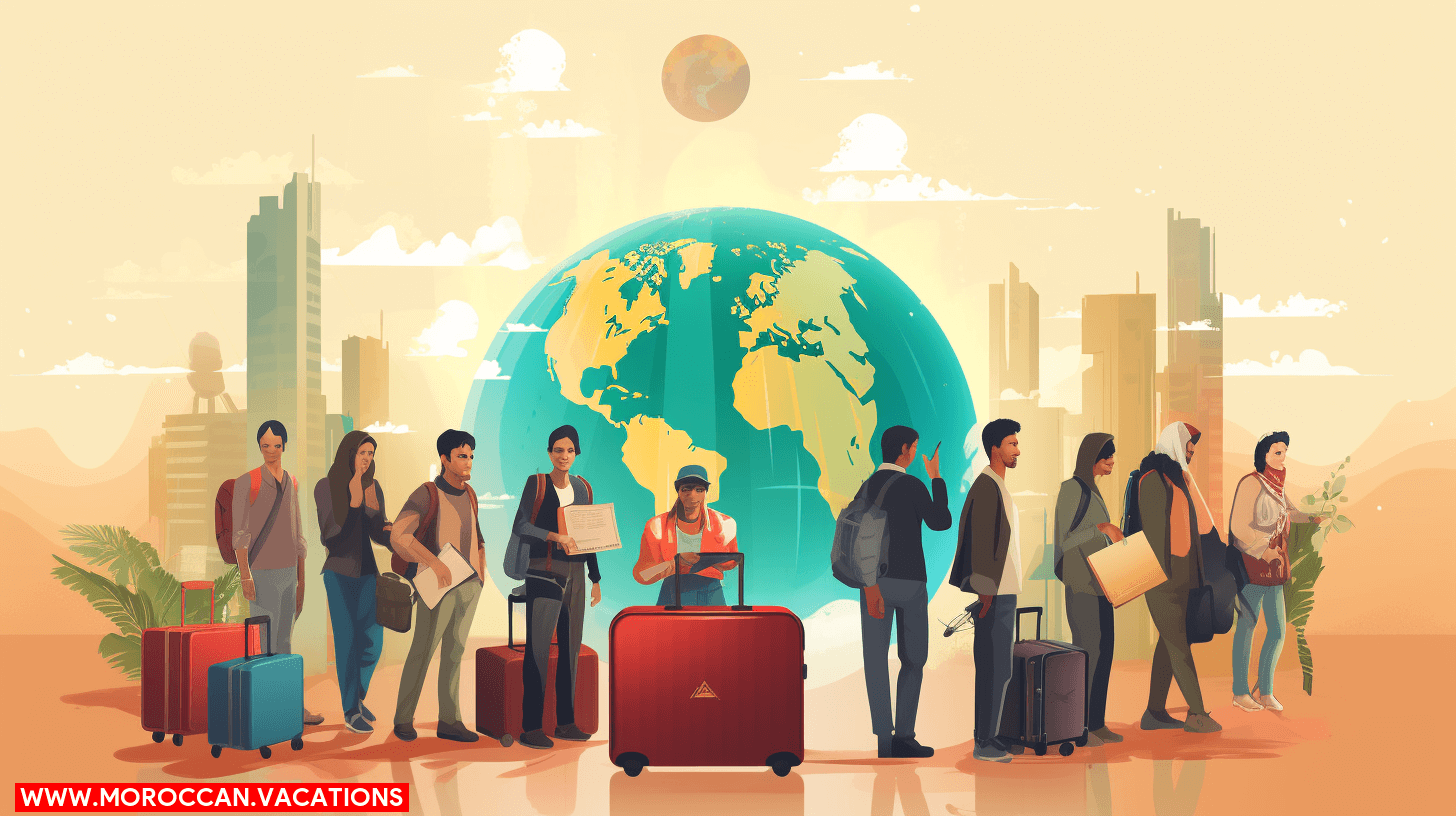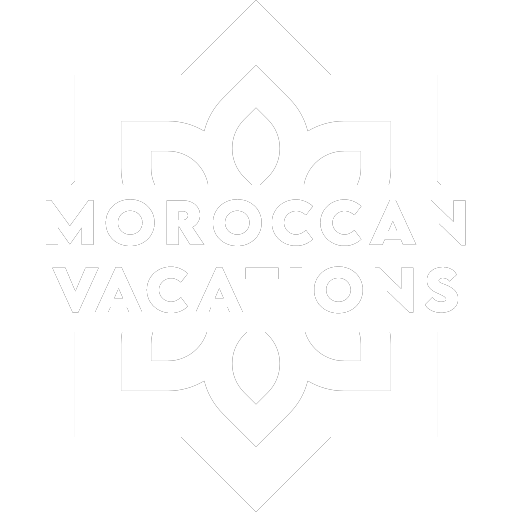Visa Exemptions


You’re yearning for the vibrant souks and majestic deserts of Morocco, but the gateway to your adventure lies in understanding its visa requirements. Don’t worry, you’re not alone in this quest for freedom. We’ll guide you through the exemptions, the application process, and any special considerations to ensure your journey’s start is as seamless as the Moroccan sands. Embrace the anticipation; you’re about to unlock the doors to an unforgettable experience.
You’ll find that citizens from several countries, including the United States, Canada, and the European Union nations, don’t need a visa for short stays up to 90 days in Morocco. This visa-free travel privilege allows you to enter and explore the vibrant culture and landscapes of Morocco without the hassle of obtaining a visa prior to your journey. However, it’s crucial to ensure your passport validity extends at least six months beyond your date of entry to avoid any travel restrictions that could hinder your plans.
To maintain this freedom, you must adhere to the visa requirements of Morocco. Overstaying your welcome beyond the 90-day limit without proper authorization can lead to visa overstays consequences, including fines or a ban from future entry into the country. If you wish to stay longer, you must apply for visa extensions before your initial 90 days expire. This process typically involves visiting a local police station and providing the necessary documentation to support your request.
Moreover, for those who do require a visa, Morocco offers a visa on arrival option for travelers from certain countries. This can be obtained at points of entry by presenting a valid passport and, in some cases, additional documentation as per the specific visa requirements.
Visa Application Process


If you’re from a country that doesn’t benefit from the visa exemption agreement, you’ll need to navigate the visa application process to enter Morocco. This process is straightforward and requires careful attention to detail to ensure your application meets all the specified criteria.
Begin by completing the visa application form, which you can obtain from the nearest Moroccan embassy or consulate, or sometimes online. The form must be filled out with precision, as any errors could lead to delays or a denied application. Along with the form, you’ll need to gather the required documents, typically including a passport valid for at least six months, passport-sized photos, proof of accommodation, a return ticket, and travel insurance. Additionally, you may be asked for further supporting documents, such as an invitation letter or bank statements, to substantiate your purpose of visit and financial means.
Visa fees are variable and depend on the type and duration of the visa you’re applying for. It’s essential to check the latest fee structure with the Moroccan embassy or consulate, as these can change. Once you’ve paid the fees and submitted your application to the designated visa application centers, the processing time can take anywhere from a few days to several weeks, depending on the volume of applications and the time of the year.
You might be required to attend an interview as part of the visa application process. This interview process is to verify the information you have provided and to ensure you meet the visa restrictions set by the Moroccan government. Be prepared to answer questions about your travel plans and intentions in Morocco candidly.
Special Considerations


While navigating the visa application process, it’s crucial to be aware of special considerations that may affect your eligibility and required documentation. Entry restrictions can vary based on your country of origin, as well as any diplomatic nuances present at the time of your application. Stay updated on the latest requirements, as these can change with little notice.
Due to the ever-evolving nature of the COVID-19 pandemic, guidelines for entry into Morocco can include presenting proof of vaccination, negative test results, or even quarantine mandates upon arrival. Ensure you’re following the most current health advisories from both your home country and Moroccan authorities to avoid any travel disruptions.
Travel insurance is often overlooked, but it is a vital component of your travel preparations. Moroccan authorities may require proof of insurance that covers potential medical expenses. In the context of health requirements, it’s also wise to be up-to-date with routine vaccinations recommended for travelers.
Understanding cultural norms can greatly enhance your experience and prevent any unintended disrespect. For instance, dress codes can be conservative in certain areas, and public displays of affection are often frowned upon. Language barriers might also present themselves, so having a basic grasp of French or Arabic—or a reliable translation app—can be invaluable.
Lastly, don’t underestimate the importance of currency exchange. Knowing the exchange rate, having some Moroccan dirhams handy upon arrival, and being aware of the locations where you can exchange currency will ensure that you’re financially prepared from the moment you step into the country.
